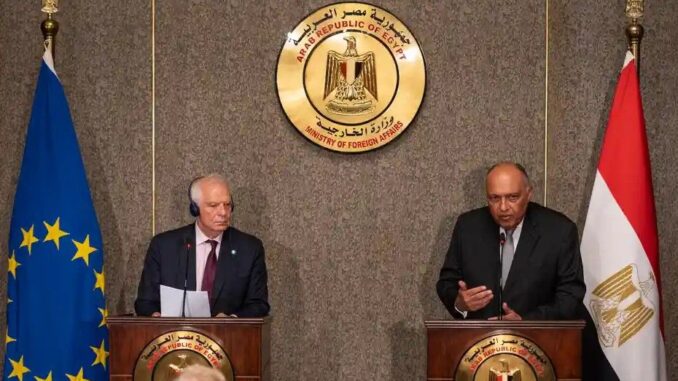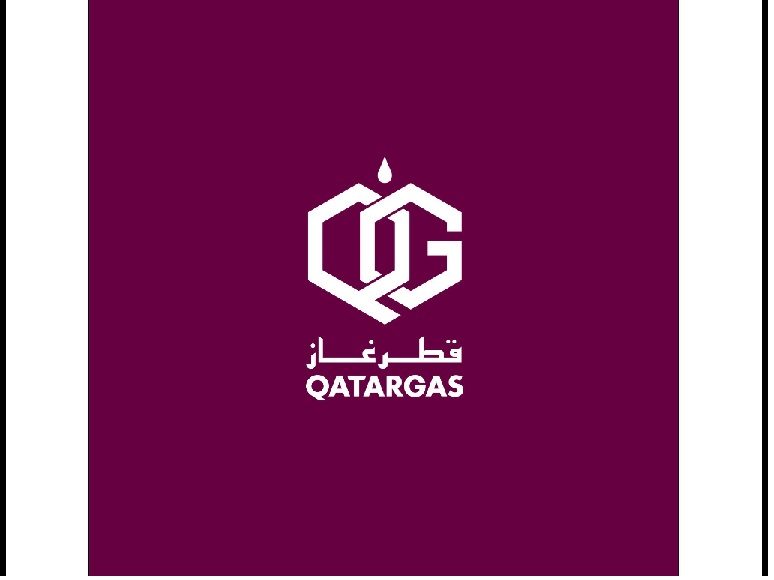
The European Union may seek a new wide-ranging partnership with Egypt, including measures to stem irregular migration and break criminal people-smuggling networks.
However, leaders have already been exploring plans with other African nations to tackle root causes of migration-related deaths, according to the Guardian.
EU leaders are already exploring plans beyond a looming €1bn (£860m) deal with Tunisia to other countries in Africa as part of a wider bid to tackle the root causes of migration-related deaths and disappearances.
Nine Egyptians were arrested on suspicion of people-smuggling after a shipwreck disaster off the coast of Greece killed at least 81 people.
Sources at the summit said there was a lot of support for the Tunisia deal, with the Italian prime minister, Giorgia Meloni, telling other EU leaders that “Tunisia was an example of what we can do with other countries”.
The ground may have been paved already for talks with Egypt after a visit by the EU’s high representative on foreign affairs, Josep Borrell, who pledged €20m to help the country support refugees from Sudan.
Before the prime ministers sat down to the summit dinner, Poland – which has opposed the EU draft migration legislation agreed two weeks ago – made fresh demands to reopen the law making process.
In a provocative move it tabled new wording, stating: “EU migration and asylum policy should be based on the sovereign right of member states to shape their migration policy and decide who they accept on their territory.”
In a paragraph completely at odds with the concept of “mandatory solidarity” agreed in Luxembourg it also said it should be up to member states, not the bloc, to decide “how to best support countries affected by a massive migrants influx”.
EU leaders had been expecting to sign off on the new partnership with Tunisia at a summit of leaders in Brussels on Thursday but negotiations continue on the details, which remain controversial.
The EU is seeking guarantees on protections on human rights but details have not been made public.
Sources say if the Tunisia deal gets through then there is appetite among EU leaders to explore similar partnerships with other countries as part of “out-of-the-box” solutions mooted by the European Commission leader, Ursula von der Leyen, earlier this week.
Eight member states, including Denmark, Austria and Greece, raised a request before the European Council summit for “innovative solutions” to irregular migration, which is now a political issue across many member states.
They did not elaborate, but on the eve of the summit suggestions swirled that this included anything inspired by the UK’s plans to send asylum seekers to Rwanda for processing, even though this was deemed unlawful by a London court on Thursday.
“Innovative solutions seem to be using third countries as places to send asylum seekers similar to the UK’s Rwanda deal. Some member states would like that; others are very opposed,” said one diplomat.



